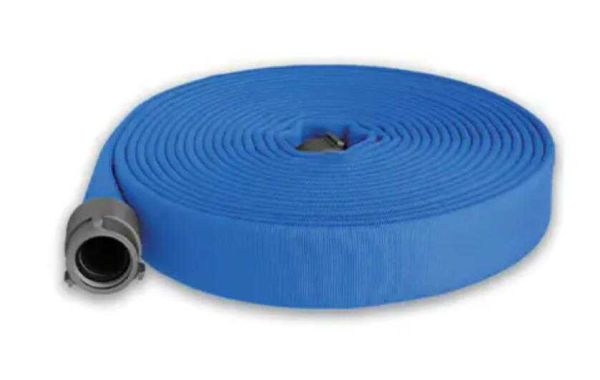Textile hoses, also known as fire brigade hoses, are fundamental components of firefighting equipment, designed to transport water or extinguishing agents to combat fires. These hoses are known for their lightweight and flexible nature, making them valuable tools for firefighters.
One of the primary advantages of textile hoses is their ease of handling. Their lightweight construction, often consisting of synthetic materials, allows firefighters to maneuver and deploy them quickly in emergency situations. This agility is crucial for rapid response during fires.
Textile hoses are reinforced with textile fibers, which provide strength and durability while maintaining flexibility. These hoses are resistant to kinking and abrasion, ensuring a consistent flow of water even in challenging conditions.
The inner lining of textile hoses is designed to resist heat, ensuring that the hoses remain operational in high-temperature environments. This heat resistance is vital for firefighting efforts, where hoses may be exposed to extreme heat and flames.
Furthermore, textile hoses are compatible with various firefighting equipment, including fire hose connectors, hydrants, and nozzles. This compatibility ensures that firefighters can connect and use these hoses seamlessly in their operations.
In conclusion, textile hoses are essential tools for firefighters, offering a lightweight and flexible solution for delivering water and extinguishing agents during emergencies. Their durability, resistance to heat, and compatibility with firefighting equipment make them indispensable assets in firefighting operations.







